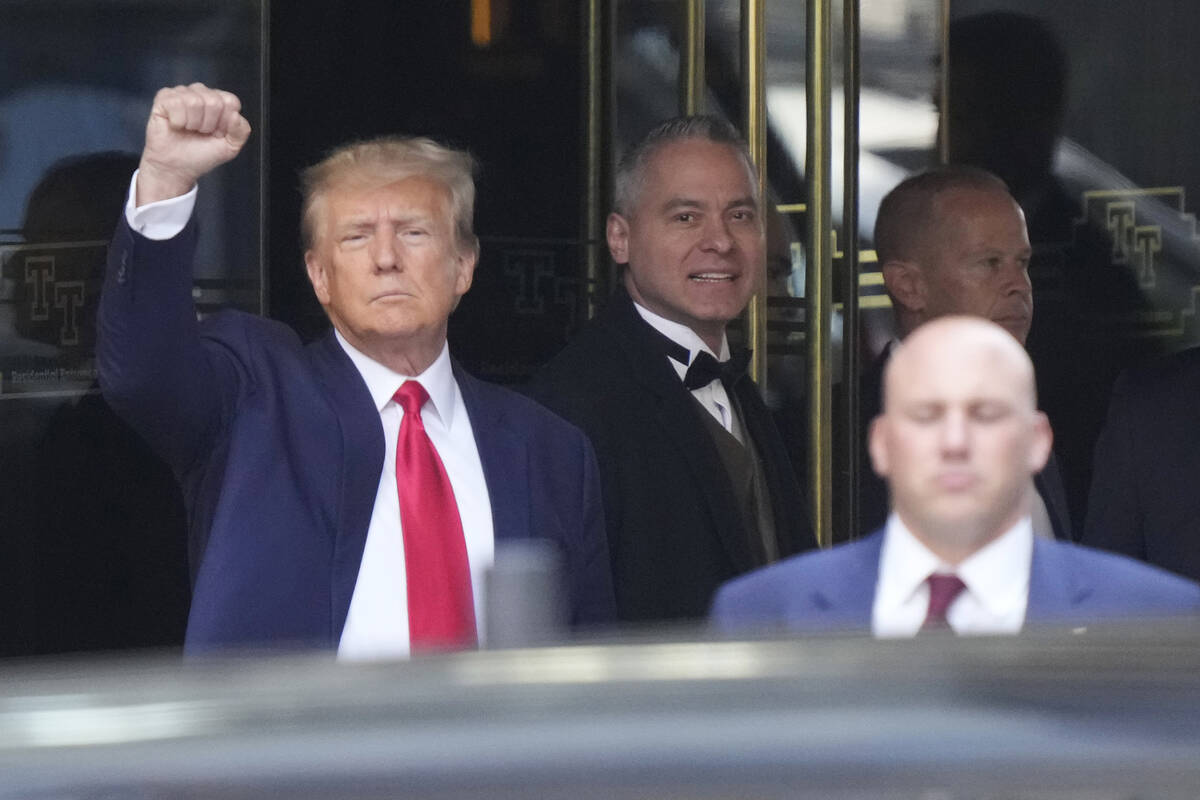President Donald Trump has raised eyebrows with his latest ultimatum regarding funding for a new stadium in Washington D.C. He has stated that he will withhold financial support unless the NFL’s Washington Commanders revert to their previous name, the Redskins. This declaration aligns with a series of controversial statements reflecting his approach to governance, which critics argue is rooted in intimidation.
The president’s comments come amid ongoing discussions about the Commanders’ rebranding, which was a response to growing calls for social justice and sensitivity towards Indigenous issues. Trump’s insistence on the name change highlights his willingness to leverage financial power for political ends, a tactic that has drawn criticism from various sectors, including sports and business communities.
Additionally, Trump has made headlines for his threats directed at Jerome Powell, the chairman of the Federal Reserve, whom he appointed. Trump has indicated that he would consider firing Powell unless there is a reduction in interest rates. This stance raises significant questions about the independence of the Federal Reserve, whose primary responsibility is to manage inflation and economic stability.
Critics argue that such statements undermine Powell’s ability to make unbiased decisions based on economic conditions rather than political pressure. The Federal Reserve’s policies are crucial for maintaining economic equilibrium, and the implications of political interference could have far-reaching consequences.
Trump’s approach to leadership continues to polarize opinions. Supporters may see his tactics as a show of strength, while detractors view them as a troubling trend towards authoritarianism. The financial implications of his threats, particularly regarding funding for public projects, underscore the complexities involved in the intersection of politics, sports, and public policy.
As discussions about the Commanders’ name and the Federal Reserve evolve, the impact of Trump’s statements will likely remain a focal point in both political and economic arenas. Stakeholders in the NFL and the broader financial community are watching closely, as the outcomes could set precedents for future interactions between government officials and private enterprises.
